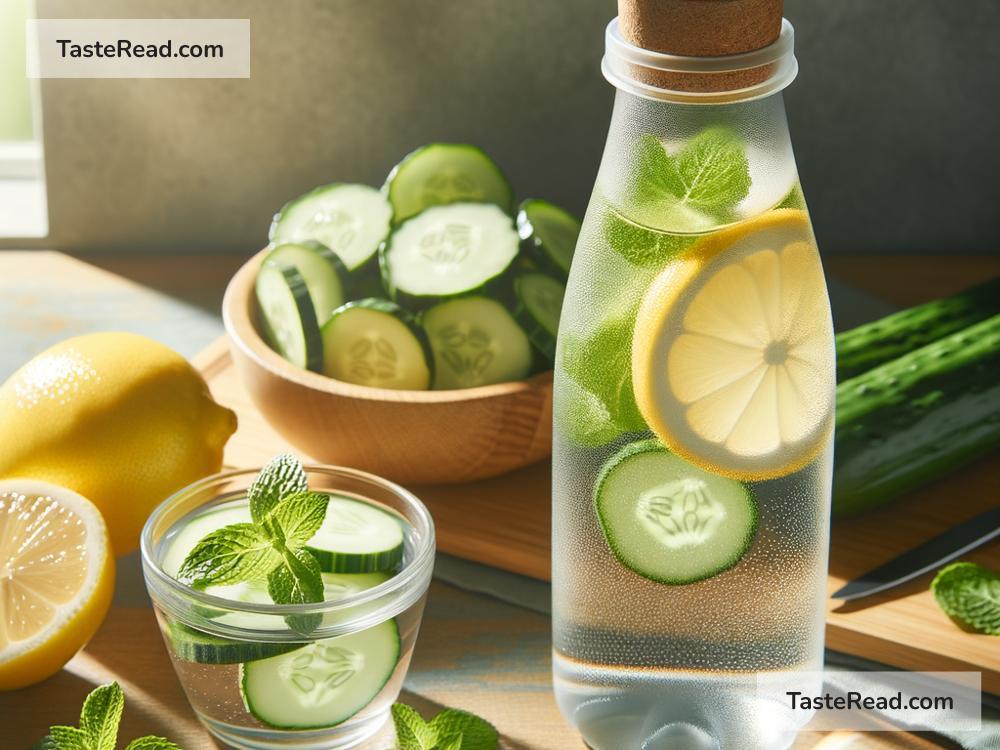The Importance of Hydration for Health and Performance
Water is essential for life. Our bodies are made up of about 60% water, which means staying hydrated is vital for our overall health. Whether you’re at work, exercising, or simply relaxing, drinking enough water has a big impact on how well your body functions. Unfortunately, many people don’t take hydration seriously and underestimate its importance. Let’s explore why staying hydrated is crucial for our health and performance.
Why Does Your Body Need Water?
Water plays a lot of important roles in the body. It helps us stay cool, keeps our organs working smoothly, and allows nutrients to travel to the places where they’re needed. Here are some key functions of water:
-
Regulates Body Temperature
When your body heats up—like during exercise or on a hot day—water works as your cooling system. You sweat to cool down, and that sweat comes from water in your body. If you’re dehydrated, your body struggles to regulate temperature, making you more likely to overheat. -
Supports Digestion
Water is essential for breaking down food and absorbing nutrients. It also helps prevent constipation by softening stools and keeping everything flowing smoothly in the digestive system. -
Lubricates Joints
Ever heard of “joint lubrication”? Water is a big part of this process. Staying hydrated helps your joints stay flexible and reduces stiffness or discomfort. -
Removes Waste and Toxins
Water helps your kidneys filter out toxins and waste products from your blood. Without enough water, this filtering system can become less efficient, putting extra stress on your kidneys. -
Boosts Brain Function
Your brain needs water to function properly. Even mild dehydration can make you feel tired, unfocused, or forgetful. Staying hydrated helps you think clearly and maintain a good mood.
Hydration and Physical Performance
Whether you’re an athlete or just enjoy a casual walk, hydration matters for physical performance. When you exercise, your muscles generate heat, which can lead to sweating and water loss. If you don’t replace the lost fluids, your body becomes dehydrated, impacting your ability to perform and recover.
Here’s how dehydration can hurt your performance:
– Fatigue: Dehydration reduces your energy levels, making it harder to keep going during physical activity.
– Muscle Cramps: Lack of water can lead to muscle cramps or spasms, especially during exercise.
– Reduced Endurance: Hydrated muscles work better and for longer periods compared to dehydrated ones.
– Slower Recovery: Water helps your body recover after exercise by repairing muscles and reducing soreness.
Proper hydration before, during, and after exercise is critical to staying at your best. Sports drinks that contain electrolytes can be helpful in intense workout situations, but water should always be your go-to.
Signs of Dehydration
Dehydration happens when your body loses more water than it takes in. This can result in mild symptoms or lead to serious problems if ignored. Common signs of dehydration include:
– Dry mouth or lips
– Feeling thirsty
– Dark yellow urine
– Fatigue or weakness
– Headaches
– Dizziness
Severe dehydration can cause confusion, rapid heartbeat, or even organ failure in extreme cases. That’s why it’s important to pay attention to your body and drink water regularly.
How Much Water Should You Drink?
The amount of water you need depends on several factors, such as your age, activity level, and the climate you live in. A general rule of thumb is the “8×8 rule,” which means drinking eight 8-ounce glasses of water a day, or about 2 liters. However, some people may need more.
If you’re exercising or spending time in the heat, you’ll need extra water. Pregnant or breastfeeding women also require more fluids. Listening to your body and adjusting your water intake based on your needs is a smart approach.
It’s also worth noting that water isn’t the only way to hydrate. Juices, soups, fruits, and vegetables (especially water-rich options like watermelon or cucumber) can contribute to your daily fluid intake.
Tips for Staying Hydrated
Staying hydrated doesn’t have to be complicated. Here are some practical tips to make sure you’re getting enough water throughout the day:
1. Carry a Reusable Water Bottle: Having water with you wherever you go makes it easier to drink regularly.
2. Set Reminders: If you often forget to drink water, set reminders on your phone or use an app to track your hydration.
3. Start Your Day With Water: Drink a glass of water first thing in the morning to wake up your body and kickstart hydration.
4. Flavor Your Water: If plain water feels boring, try adding a slice of lemon, lime, or a few mint leaves to make it more appealing.
5. Drink Before Meals: Drinking water before eating not only keeps you hydrated but may also help with portion control, as it can make you feel fuller.
The Takeaway
Hydration plays a major role in keeping your body healthy and supporting your daily activities. From improving physical performance to boosting mental clarity, water is one of the easiest and most natural ways to keep your body functioning at its best.
Make a habit of drinking water consistently throughout the day and pay attention to the signs your body gives you. Whether you’re climbing mountains or sitting at your desk, hydration is key to feeling and performing your best. So, grab your water bottle and take a sip—it really does make a difference!


